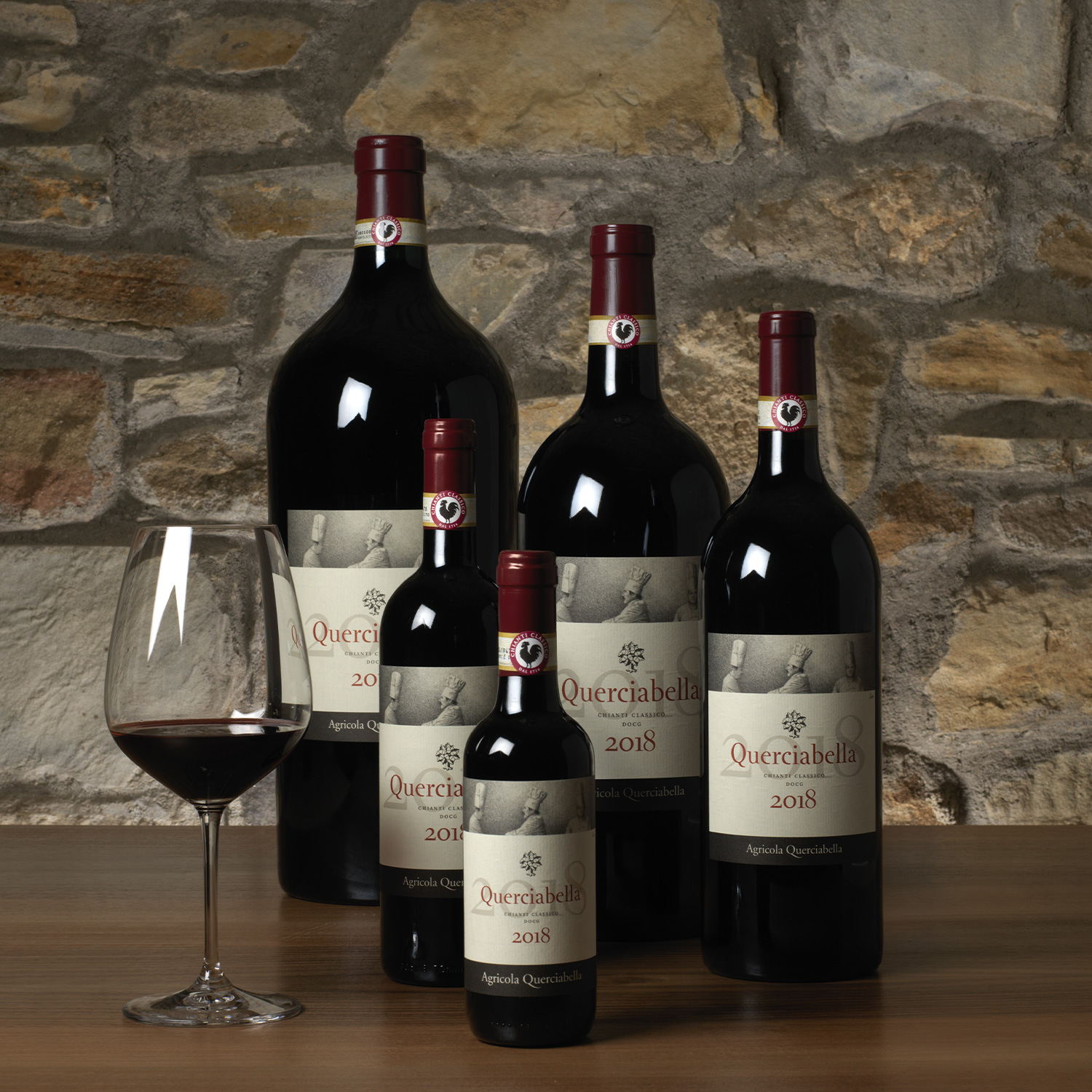
All you need to know for choosing the Best Organic Wine
Choosing the best organic wine can be difficult, but there are some things you should keep in mind when making your decision. This blog post will discuss few things to consider when choosing an organic wine. So whether you’re looking for a new drink or want to try something different, this article is for you!
1) Organic certification
Make sure to check the bottle and see if it is certified by USDA or OCIA. These certifications ensure that your wine has been through testing and created without any harmful pesticides or chemicals.
2) Alcohol content (alcohol by volume) 3% -14% ABV
All wines vary in alcohol content. Some higher-end bottles can reach up to 14%, and some lower quality brands go as low as only having a percentage of .04%. You must find the right level for your tastes before purchasing.
3) Pesticide residue levels <0.01 ppm on average
Pesticide residue is something that you should always look out for. These chemicals are not suitable for your body and may contain harmful levels of residue that can stay in the wine after it has been filtered.
4) Inorganic pesticide residues <0.1 ppm on average
Inorganic pesticide residues are just as dangerous and harmful to your body. Make sure that you do not consume any of these chemicals when sipping on a glass of wine!
5) Residue levels of metals and heavy metals <0.05 ppm on average
Like organic and inorganic pesticide residue, you should also look for metal residues. They can be found inside wine from the equipment used to produce it or if stored improperly. Be wary!
Most wines contain sulfites, but they do not have a warning label on the bottle because these levels are usually around 30ppm max. If you have chronic asthma, this may affect your drinking experience, so keep an eye out before buying one.
Conclusion
Organic wines are an excellent choice for those looking to drink healthier and with fewer chemicals. For the best organic wine that is guaranteed pesticide-free, go with OCIA certified bottles!
Proudly powered by WordPress. Theme by Infigo Software.